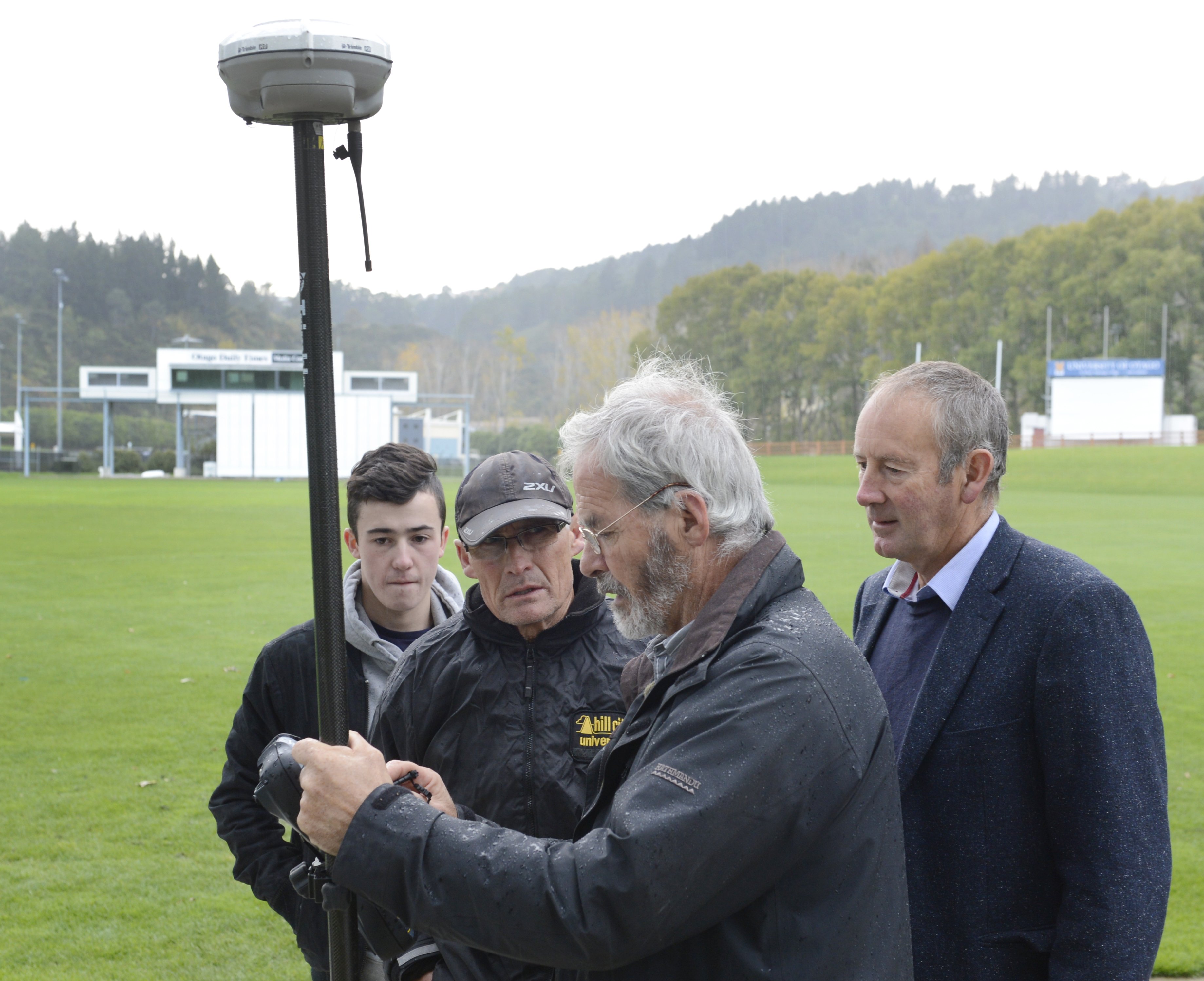
After being run on the University Oval No2 field last year, they are returning to the main No1 ground.
The relays were moved when the No1 ground was undergoing an upgrade, notably involving the steepening of the embankments.
That meant the track had to be altered slightly.A 375m course still fitted on the field though, with runners to do four laps to complete 1500m each.
"The survey school have done [the adjustments]," Hill City-University president Howden Finnie said.
"We’ve left it to them, really. They know what to do.
"They had marks on the ground from the previous courses. They already had some points of reference so they just had to alter a few I believe.
"The embankment sort of encroached on the field, but it fits in quite nicely. It’s still quite a big area."
He said it was good to be back on the oval for in the event’s 80th year.
The event, hosted by the Hill City-University club, involves teams of four competing in various grades.
It starts at 1.30pm and each runner completes a 1500m leg.
The senior men’s teams, which race at 3.15pm, would be made up of six runners.
More than 200 runners will compete in the event and there will be prizes for fastest man and woman.
Hill City-University won both senior men’s and women’s races last year, the club’s first win since amalgamating in 2011.
It was the first time either club had won the the senior men’s title since 1993.
Having the only two teams entered in the senior women’s race, it is guaranteed to defend that title, but will also be the favourite in the senior men’s race.
Its SM 3 team, made up of Jarrod Monk, Kirk Madgwick, Matt Ogle, Oli Chignell, Sam Bremer and Caden Shields looks very strong.
The 1971 Otago University team holds the men’s record of 24min 12.60sec, while the 2010 team from the club set the women’s record of 19min 24.00sec.
Rebekah Greene, of Hill City-University, set the fastest women’s time in 2013 with 4min 34.00sec.
Canterbury University’s Andrew Stark holds the fastest men’s time of 3min 52.00sec, set in 1980.
The event was first held in 1937 to honour the gold medal-winning performance of Jack Lovelock in the 1500m at the 1936 Berlin Olympics.











